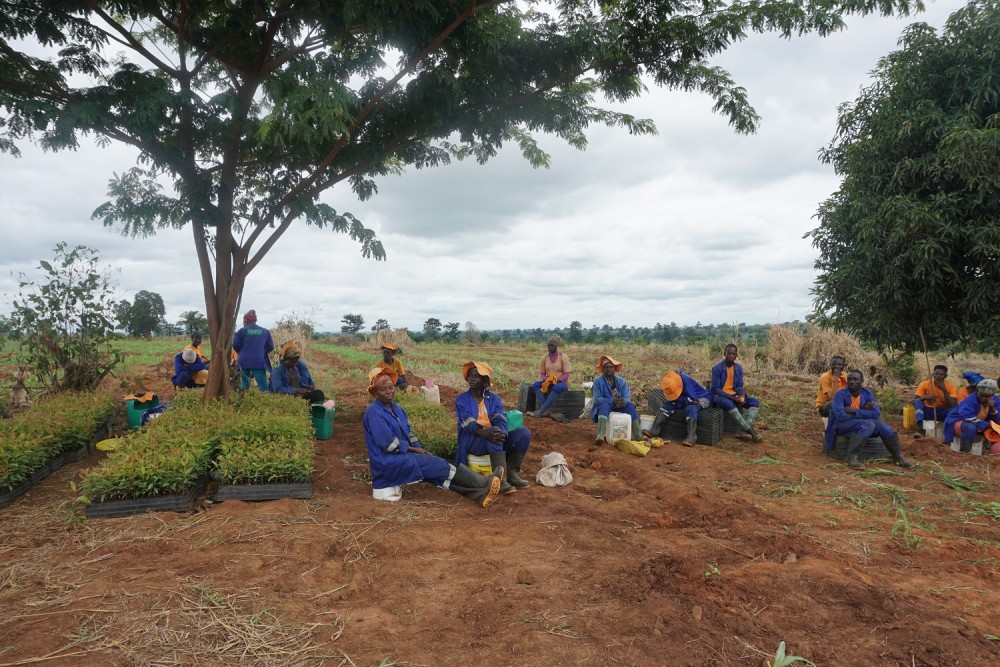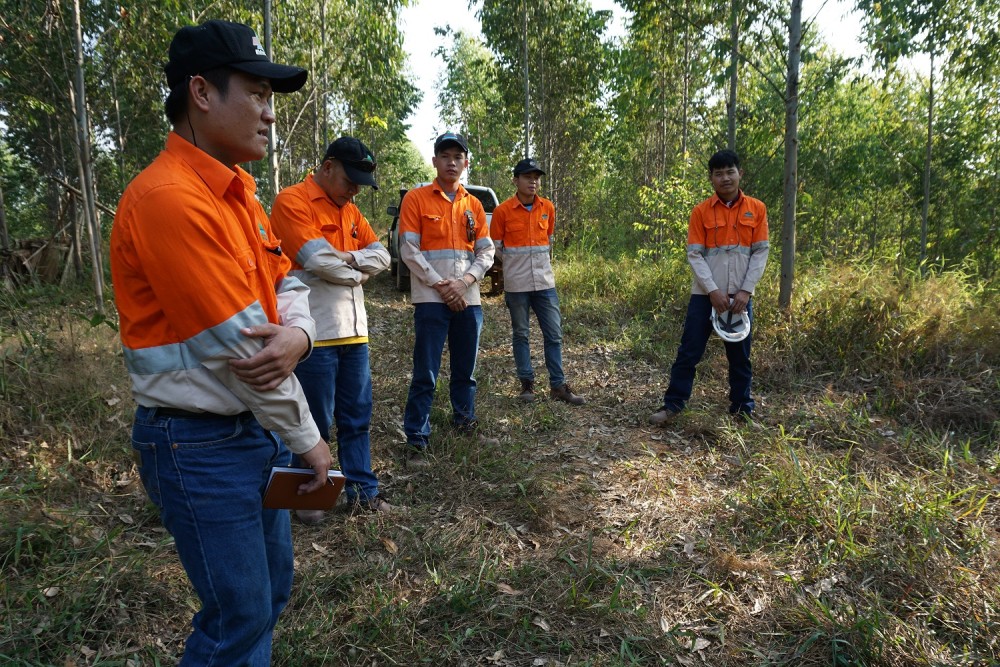FMO has launched a global forestry investment program, the most effective tool in the fight to mitigate the process of global climate change, with the initial extension of USD 20 million in financing to plantation companies operating in Ghana and Sierra Leone in West Africa and Laos in Southeast Asia.
Steven Duyverman, Manager Agribusiness, Food & Water at FMO, said: “Investing in forestry creates a high level of impact, mainly in the mitigation of global climate change through carbon sequestration. Forestry plantations can truly claim to be negative on greenhouse gas emissions. And they are a significant contribution to local development, creating significant employment in areas often without other jobs opportunities”
FMO is to provide USD 10 million in mezzanine debt out of the Infrastructure Development Fund (IDF) to Miro Forestry Developments, one of the largest forestry plantation companies in West Africa, for capital expenditure and operational costs. The funding will enable the company to nearly double the area of plantation in Ghana and Sierra Leone to 19,000 hectares by 2020, from 10,000 hectares currently. The project also receives capacity development budget out of MASSIF to finance a 2-year pilot of the first micro -forestry scheme in Ghana and Sierra Leone.

FMO will also extend a USD 10 million loan (USD 5 mln senior debt from FMO-A and USD 5 mln from IDF) to Burapha Agro-Forestry a Swedish-owned agroforestry plantation and processing company operating in the greater Vientiane area of Laos. Burapaha is aiming to increase its plantation base and to build a plywood mill, with a nominal capacity of 59,000 m3 in wood products for export.
FMO requires all their forestry clients to be FSC/PEFC certified, which specifically safeguards responsible forest management and includes for example :
- preservation of waterways with bufferzones,
- respect of land ownership and landuse by local population and specifically indigenous peoples,
- respecting workers rights,
- and maintenance of High Conversation Value (HCV) areas.
The forestry program will also bring considerable positive impacts regarding decent work and economic growth (SDG 8) and reducing inequalities (SDG10). This means strengthening local economies by stimulating local markets and investment in basic infrastructure i.e. roads.
“This makes it possible for people to reach hospitals in time, for children to get more than primary education and empowering women with work in nurseries providing them with their own income. Providing people with cash income from jobs, instead of getting an income from illegal charcoal and poaching, also brings down deforestation and improves biodiversity.” Added Charlotte van Andel, FMO Environmental &Social Officer involved in the project.
FMO’s new investment program is mainly aimed to support the UN’s sustainable development goal of fighting global climate change (SDG 13) and marks the Development bank’s return to forestry after a series of pilot projects between 2011 – 2016 had mixed results. The main lesson learned was avoiding investing too early in forestry projects, especially in frontier markets, when the necessary infrastructure has not been developed yet, making it difficult to forecast growth rates and potential future product lines.
Within the Forestry segment FMO will often make use of blended finance structures combining its own financial resources with the resources of the Dutch Government Funds it manages. This blended approach mitigates some of the financial risks associated with the forestry sector en enables FMO to leverage its own or even third party funds.




